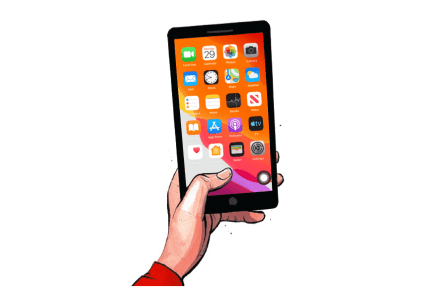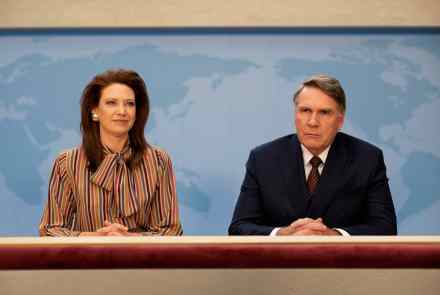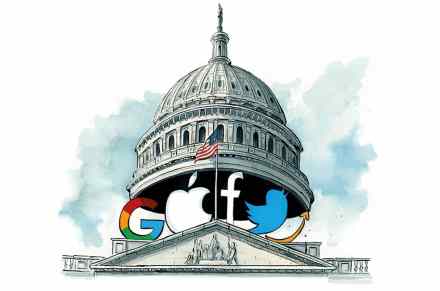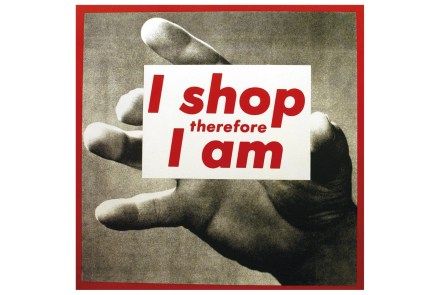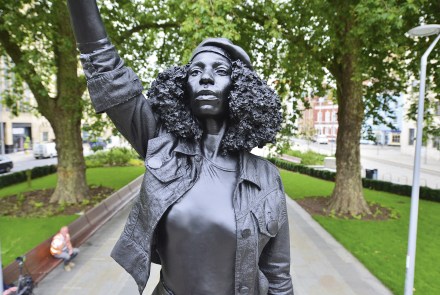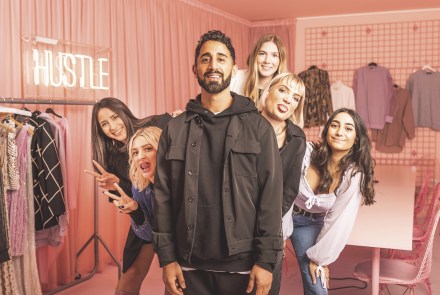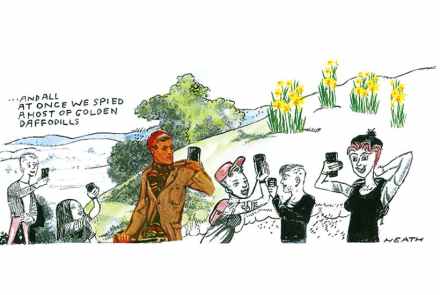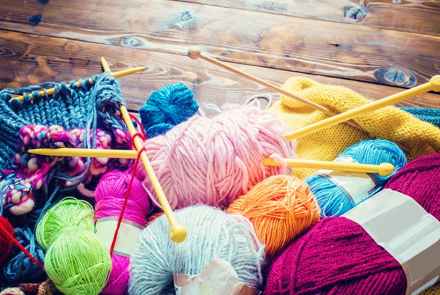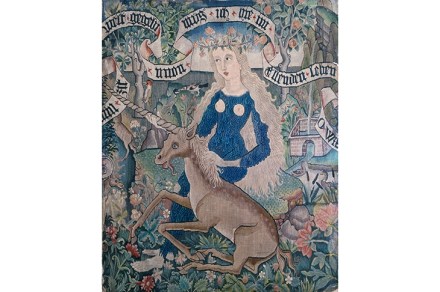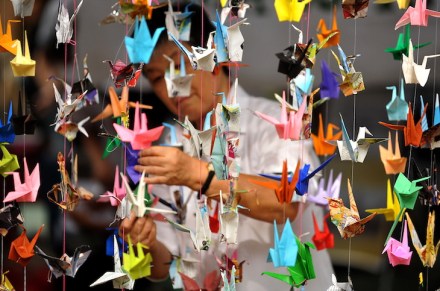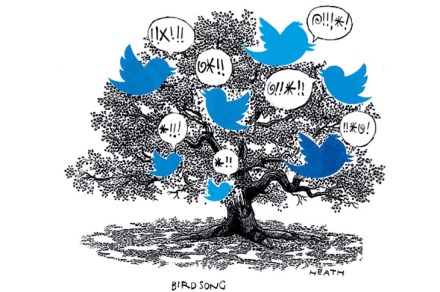It’s hard work having fun: Wives Like Us, by Plum Sykes, reviewed
Just when you thought the Cotswolds must have peaked as a fictional setting, a new rom-com from the author of Bergdorf Blondes floats like cherry blossom onto a chalk stream. Plum Sykes has chosen a rich (as in minted) target, and she is well-equipped to take aim. As a former contributing editor of American Vogue, she might be considered part of the trans-atlantic glossy posse, but at heart she’s still an Oxford-educated Sykes – with a certain diplomatic heritage. The family seat is the magnificent Sledmere in Yorkshire, which has its own blue-tiled Turkish Room. So Plum is not your common-or-garden mag hag. But she now lives in the ’wolds,



